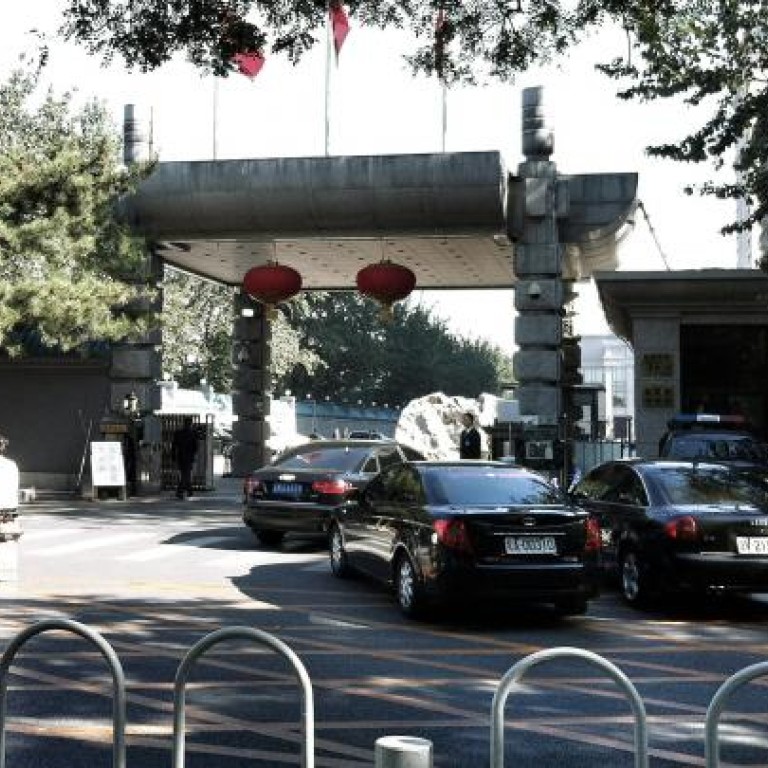
The truth about Beijing's Jingxi Hotel's corridors of party power
Security-flanked hotel which bans walk-in tourists is where officials thrash out policies
For while the Haidian district hotel is known for its impeccable service and gourmet fare - especially its home-made yoghurt - only a select few are ever meant to sample its delights.
Ordinary travellers have never been allowed past the 48-year-old hotel's drab, Soviet-style exterior. The heavily guarded Jingxi is where the Communist Party elite meet behind closed doors to hammer out high-stakes personnel decisions or to map out future policies.
Lu Jin, chairman of the Modern Chinese Literature Association, stayed at the Jingxi years ago for a China Federation of Literary and Art Circles conference.
In a column in the in September, Lu said soldiers guarded every corner of the hotel, which has witnessed countless historic events, including a meeting of Communist Party leaders that approved the crackdown on the "Gang of Four".
"It is very hard for visitors of hotel guests to enter the hotel," Lu wrote. "The guard will have to make a call to seek permission from the guests. Visitors then have to go through round after round of security checks before getting in."
The Great Hall of the People may host the opening and closing ceremonies of party congresses but the Jingxi - managed by the PLA's General Staff Headquarters - is where the important, behind-the-scenes wrangling between the party elite is takes place.
Two weeks ago, it hosted 365 senior officials at the last gathering of the party's 17th Central Committee, as they scrambled to tie up preparations for the party congress, which started last Thursday, and the once-a-decade transfer of power that will follow this Thursday.
Those who live nearby are used to coping with tight security measures. Restaurants often close their doors to the general public for days on end, only serving the security personnel who guard the hotel and its surroundings. Even convenience store owners are warned to watch out for strangers.
Black Audis - one of the luxury vehicles most favoured by senior party officials - pack the Jingxi's vast car park and a steady stream of beige mini-vans and military vehicles can often be seen passing through its security flanked gates.
Dozens of police vehicles are parked within 200 metres of the hotel, with fire engines and ambulances also standing by.
Occasionally, things are more relaxed. The hotel sometimes hosts conferences by lower-ranking party organisations - hence the 68 largely fawning reviews posted on Tripadvisor.com - but even then the Jingxi is still closed to foreigners and walk-in customers.
It used to be impossible for outsiders to sneak a peak inside the Jingxi, but social media has changed that, with those attending more relaxed meetings - where mobile phones are not banned - posting photos online.
They give a glimpse of the tight security measures and showcase the huge, 50-seater round table in the state leaders' banquet hall, overstuffed armchairs and red-carpeted rooms.
The Jingxi also appears to be cashing in on its exclusive clientele, with the advertising on the walls that surround it reportedly generating income of around 10 million yuan (HK12.4 million) a year. Advertisers seeking to win influence with the country's movers and shakers must believe it is money well spent.
According to reports by the mainland media and on overseas political gossip websites, the Jingxi is also known for the superb quality of its staff. Security is handled by elite soldiers and its telephone operators are female soldiers fluent in dozens of dialects and languages.
Civilian staff, selected from hospitality schools, must first pass political background checks run by the Ministry of Public Security and then be selected by Beijing's city government before earning an interview with the hotel itself.

